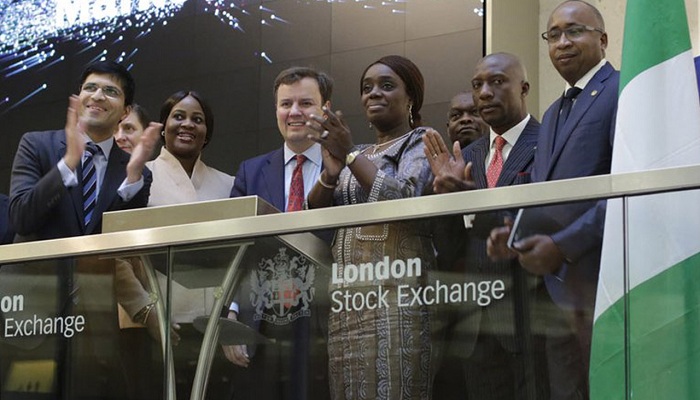The Nigerian Stock Market All Share Index has surged 42% since the introduction of the investor/exporter window in April.
The introduction of the window has restored market confidence in not just the transparent way the market is determining prices of forex but in also what appears to be a slow but apparent resurgence of the economy.
This was revealed last week by Nick Ndiritu, a portfolio manager for the Allan Gray Africa ex-SA Equity Fund and Africa ex-SA Bond fund.
He said the notable high volatility in Nigeria’s stock market has offered investors greater opportunities to generate superior returns – by patiently buying stocks that thrive when political or economic prospects appear dim; and selling the popular stocks when other investors are overly optimistic.
According to him, in spite of current challenges in Nigeria, the outlook was promising and investors were coming back.
Commenting on the economic challenges face by Nigeria early this year, he said the investment case for Nigerian equities had been quite bleak at the beginning of this year after Nigeria’s oil production had slumped to the lowest level in more than 26 years as militant attacks in the Niger Delta crippled key pipeline installations.
Reasons for investors return to Nigeria
The Central Bank of Nigeria had in April launched the Nigeria Autonomous Foreign Exchange Market (NAFEX) also known as the Investors and Exporters window which recorded about $3.8 billion in transactions between April and July only. This window played a major role in the return of foreign investor as it has enhanced dollar availability and rate predictability in the foreign exchange market .
In addition, renewed confidence, improved liquidity and stability in the foreign exchange market also contribute greatly to the recent return of foreign investor into Nigeria.
Another key reason why investors are returning to Nigeria assets is the fact that both company and macro-economic fundamentals in the country show that the economy is back on its growth trajectory.
It should be recalled that the International Monetary Fund (IMF), in its World Economic Outlook report released in July, projected that Nigeria’s economy would grow at a faster pace than South Africa’s next year.
The IMF projected that the West Africa country would grow by 1.9% next year, while it projected South Africa’s growth to be 1.2%. Its projection for this year put South Africa’s growth at 1%, against Nigeria’s 0.8%.
